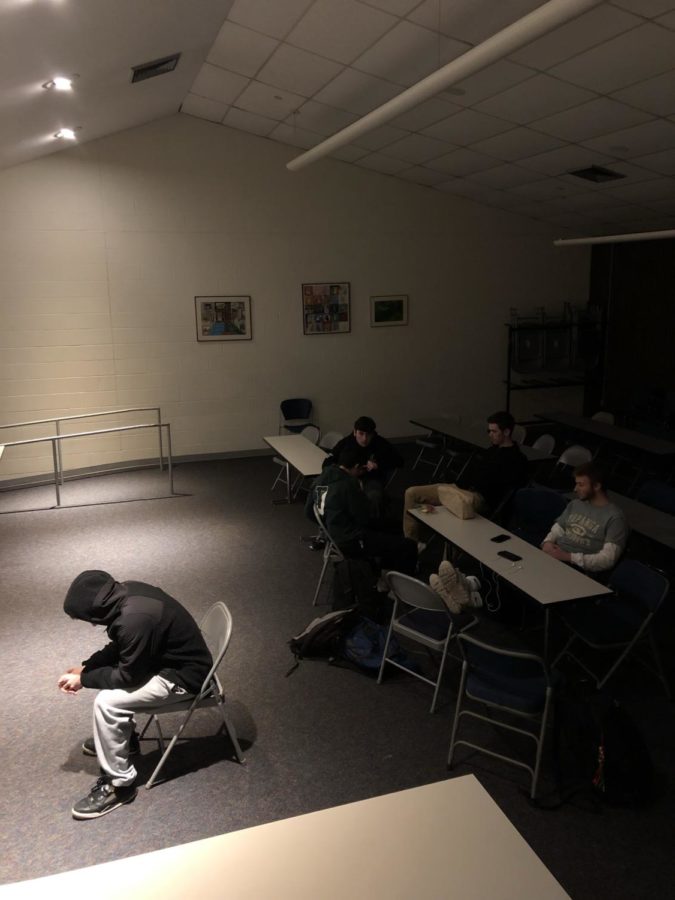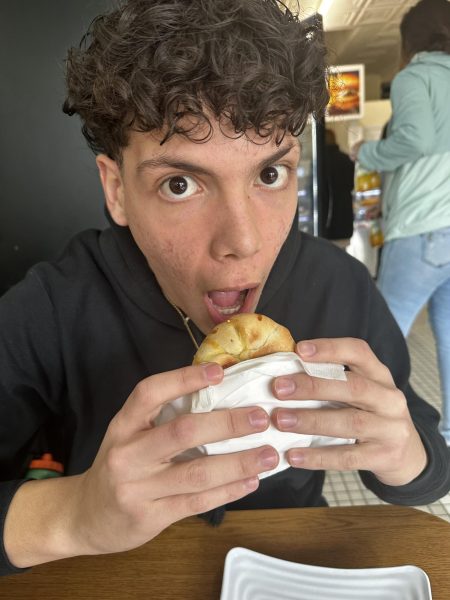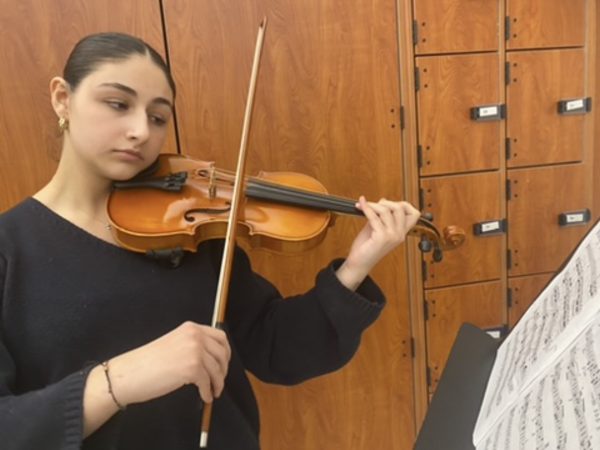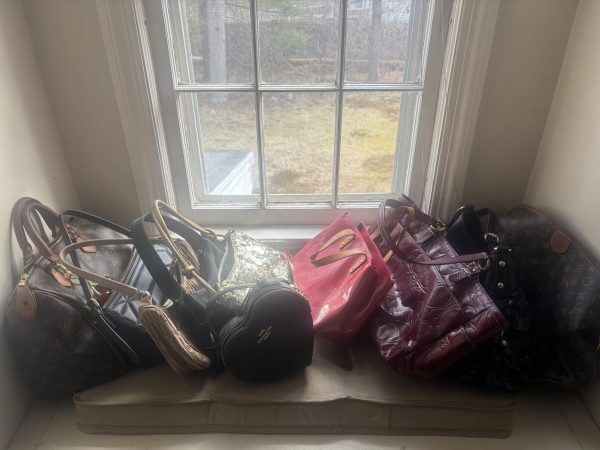Snakes In the Grass (For Exclusion Marred Students)
Student left out of a social circle.
Students at Hall High School, a promise land of safety and happiness, ironically face a daily struggle of social exclusion.
Exclusion is defined by the dictionary as the act of leaving someone out, or the act of being left out. Exclusion can be as subtle as not being picked for a team to being intentionally shunned by a group of people.
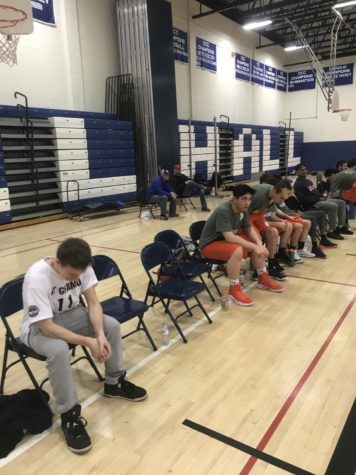
The complications of exclusion run deeper than a shortage of evening plans. The toll exclusion has on mental and emotional health is nothing short of devastating. The University of Bridgeport released a study about students showing that “self-esteem goes down, they experience negative emotions, have a decreased sense of belonging, and feel less in control of their lives.” The feeling of being alone betrays an intrinsic human need to be accepted, yet every day we allow ostracism in a place of learning.
Senior Maggie Grant, described Hall’s social climate as “a mean girl society where people feel the need to be on top and only like people in their group.” These attitudes create an unhealthy environment as well as perpetuate harmful behavior. When cliques exclude within themselves, it is more dangerous than general exclusion. Students typically desire a strong status within their social group, and when that is threatened, it results in an unstable emotional state.
The U.S. National Library of Medicine National Institute of Health found that students who faced inter-group exclusion were far more likely to be suicidal and display depressive symptoms. Exclusion also correlates with an increase in aggressive behaviors.
David Oberleitner found that the majority of school shooters had a history of social exclusion and consequently lashed out at their peers. While some people look to armed security guards as an answer to school shooters, it is more practical to disarm students of their hostile interactions.
Some readers may be wondering, if this is such a problem, then why haven’t things changed? As hard as the administration may try, no set of rules can prevent what happens in social circles. Hall junior Matt Mitrano says staff claims “exclusion isn’t accepted in Hall’s social climate, but every day you see people being left out.”
The only true way to solve this problem starts with each and every student. Instead of hiding your plans, invite the person sitting at home alone. In doing so, you can make a lasting difference, as opposed to being the source of the problem.
However, most students who have been excluded continue to exclude others. The primary reason for doing so is because they do not enjoy the other person’s company. When talking about spending time with people whoare excluded, entrepreneur Ryan Druckenmiller said, “It is a hard thing to accept because you’re forced to interact with others you don’t like all that much.” Though the point that it is important to do things you enjoy is valid, it is also important to understand the impact social exclusion has on others.
The purpose of writing this article is to hopefully prevent further exclusion amongst cliques. While some people will continue to leave others out, despite knowing full well that it is harmful, we hope that this article will enlighten people to change.

